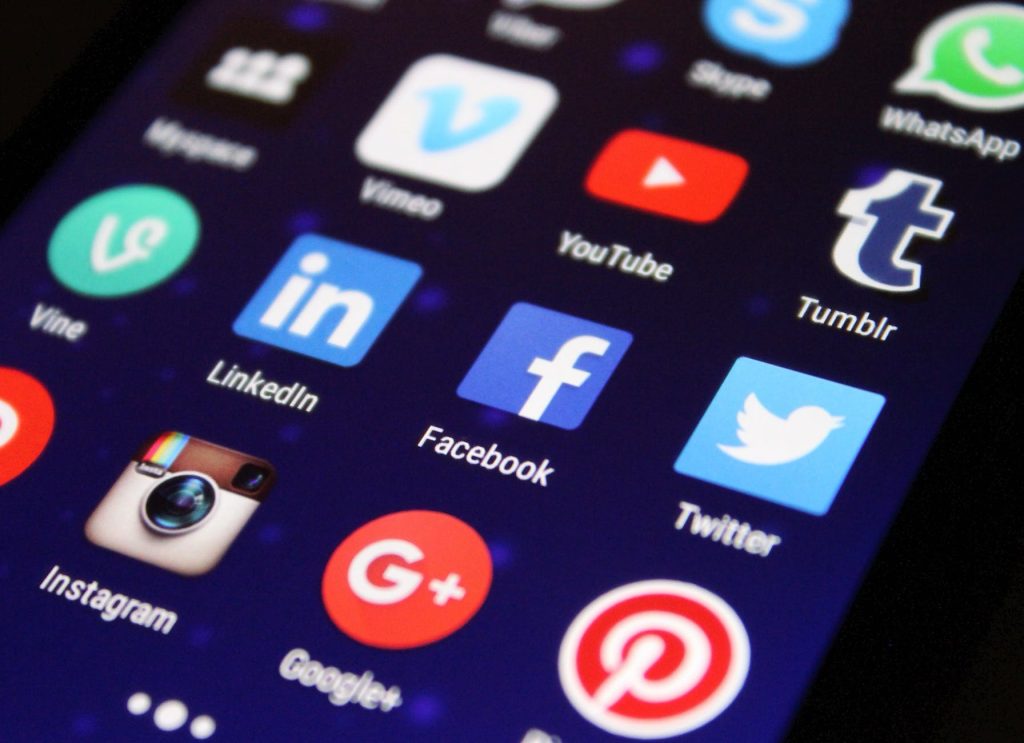In today’s digital age, social media has revolutionized the way we connect, share information, and build communities. However, as the landscape of social media continues to evolve, there is a constant debate about its sustainability and relevance. With predictions of its demise, it’s natural to wonder what the next big change could be to replace traditional social media platforms. In this article, we will explore some potential alternatives that might shape the future of online communication.

- The Rise of Virtual Reality (VR):
Virtual Reality technology has the potential to redefine social interactions by creating immersive digital environments. While it is still in its early stages, VR has the ability to provide a sense of presence and connectivity beyond what traditional social media platforms offer. Imagine attending virtual events with friends from around the world or exploring virtual communities in a more meaningful and realistic way. With the increasing accessibility and advancements in VR hardware, this technology might just be the game-changer the digital world needs. - Decentralization and Blockchain Technology:
Decentralized social media platforms, built on blockchain technology, have gained attention for their potential to offer more control and privacy to users. By removing the central authority and putting data ownership back in the hands of individuals, these platforms aim to create a more transparent and secure online experience. With users having full control over their personal data, decentralized social media could be the next big shift in how we interact and share information online. - Artificial Intelligence (AI) and Personalized Experiences:
Artificial Intelligence has already started shaping our online experiences, and it could play a significant role in the future of social media. AI algorithms have the potential to offer personalized content based on user preferences and behaviors, allowing for a more tailored and engaging experience. With advances in Natural Language Processing and machine learning, AI could become the driving force behind creating meaningful connections and curating content that resonates with individuals. - Niche-Driven Communities and Micro-Platforms:
As social media platforms have grown in popularity, so has the desire for more specialized, niche-driven communities. Users now seek platforms that cater to their specific interests, hobbies, or professional networks. Micro-platforms focusing on these specific niches, such as music, art, professional networking, or gaming communities, might emerge as more targeted alternatives to traditional social media. By fostering deeper connections within smaller communities, users can benefit from more meaningful and relevant interactions.
While some argue that social media is on the decline, it is important to remember that the concept of connecting and sharing information digitally is here to stay. As technology continues to advance, alternative platforms and approaches are likely to emerge, revolutionizing the way we interact online. Whether it’s through the immersive experiences brought by Virtual Reality, the decentralized control offered by blockchain technology, the personalized content facilitated by AI, or niche-driven micro-platforms, the future of social media is poised for exciting transformations. Only time will tell which of these alternatives will gain mass adoption and redefine the digital landscape.



